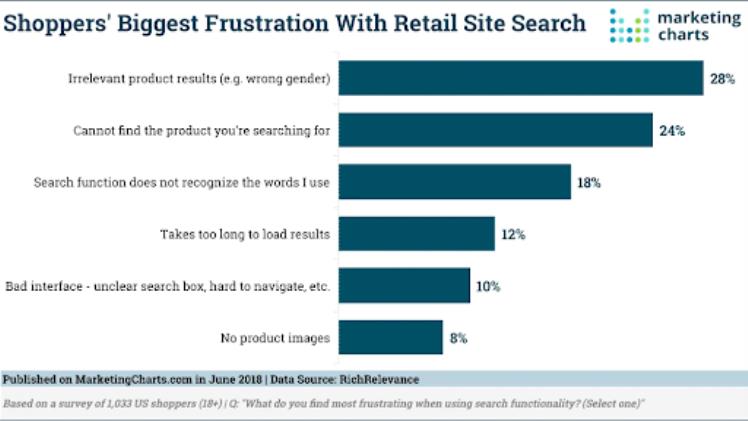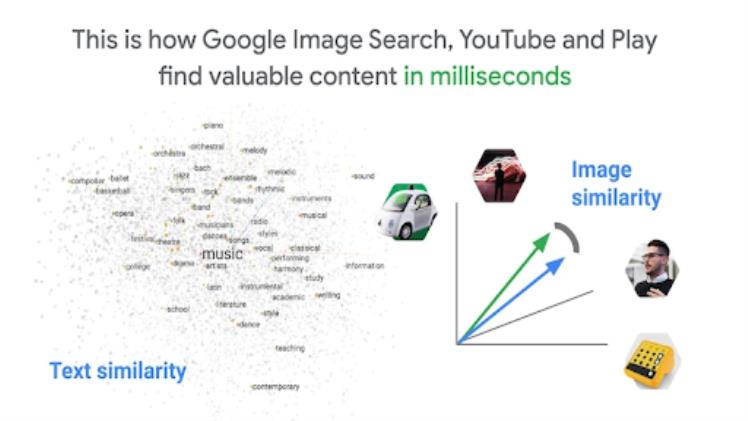
Improve Your Shopify Search Capabilities With These Top Advanced Site Search Technologies
eCommerce store-supporting search technologies are undergoing a transformation. Advances in site search optimization have been made possible by the development of technology. This has been a critical advancement because 43% of consumers start their shopping journey at the search bar and because they are more likely to convert and spend more money.
This post will walk you through the most cutting-edge technology that can power the Shopify search capabilities of your Shopify store.
Search on Ecommerce Stores Has Evolved
The days of having a search engine that only used keywords are long gone. It simply won’t do for today’s consumers. This is a result of consumers’ maturation in the online market. They frequently use search engines to easily find what they’re seeking for because they are accustomed to doing so.
What customers anticipate from searches on eCommerce businesses has evolved as a result of the regular, broad usage of search engines like Google and their capabilities.
These search engines can recommend and autocomplete based on what is entered in the search field quite precisely thanks to machine learning. Additionally, it has enabled users to use more conversational search terms.
Slang, acronyms, and long-tail keyword searches are much more prevalent. Voice searches have increased as a result of improvements in voice recognition. In addition, users see search engines as a tool for discovery. They employ them as a tool for providing confusing inquiry answers.
What does this entail for website search on eCommerce stores, then? Simply put, customers anticipate a similar search experience on websites to what they get from search engines.
No matter what they type, they expect to be able to locate relevant results, they want to see suggestions, and they want to be recognized. Additionally, as Millennials and Gen Z-ers take the lead in the world of online purchasing, we are witnessing a greater need for visually focused searches.

eCommerce technology is quickly advancing, notably in the area of search. It enables online retailers to provide the site search results that customers want. Let’s examine the most promising cutting-edge technology for searching retail sites.
The Benefits of Advanced Search Technologies for Shopify E-Commerce Stores
Artificial Intelligence (AI) and Machine Learning (ML)
Technology has long been in love with AI and machine learning. Numerous facets of contemporary technology and eCommerce have been drilled with their application. What we are seeing now, however, is an expansion in how these technologies are being used to bolster site search.
Natural Language Procesing (NLP)
Search engines are now better able to comprehend how we naturally communicate in order to carry out jobs thanks to AI and ML.
In order to decipher what is being written into the search box, search engines can process and examine a sizable amount of natural language data thanks to AI and ML working together. It gives search engines the ability to interpret long-tail keywords as well as their semantics.
NLP transforms product tags into the language and context that customers use when we employ this technology for eCommerce site search. Two strategies are used to achieve this:
- Syntactic analysis examines fundamental grammar principles to determine how words relate to one another and how they are arranged. Stop words must be eliminated, speech segments must be identified, and words must be reduced to their simplest form.
- Semantic analysis entails first deciphering the meaning of each word in the text, then establishing context by examining word combinations. It seeks to eliminate ambiguity and comprehend how words relate to one another in this process.
Vector-based search
The ambiguity in search phrases is eliminated by this search strategy using AI and ML. It functions by substituting a string of numbers known as a vector embedding for content like keywords or images.
The meaning of a search query is represented by vector embeddings, which are bits of data. They also include additional data pertaining to the user or the inquiry. Then, ML algorithms can search through additional vector embeddings for information with a similar structure and assess the differences and similarities among them.

Personalized search results and suggestions
A web search experience that is tailored can be offered using a machine learning model. one that is totally responsive to each individual visitor. Recommender systems and tailored search are the ML approaches used to make this a reality.
When searching, recommender systems help customers find suitable products. They might employ a collaborative Shopify filtering technique that compares products based on consumer interactions, a content-based approach that examines similarities through product qualities, or a combination of the two. As you type, search suggestions and autocomplete can be powered by this.
In order to deliver search results that are specifically relevant to a consumer, personalized search examines the customer’s browsing history, prior purchases, demographic information, and other customer data.
Improve the site search for your business.
The need for eCommerce retailers to provide a search feature that goes above and beyond the fundamentals is being driven by the changing shopping habits of consumers. Fortunately, advances in technology like artificial intelligence (AI), machine learning (ML), and cloud computing have permeated eCommerce. A typical e-merchant can now easily access advanced search features.
We can help you if you’re looking for a strategy to improve the site search for your business and cater to the demands of contemporary customers. To provide your Shopify store sophisticated search capabilities, Boost Shopify Product Filter and Search makes use of cloud infrastructure and machine learning. Start today with a free trial!



